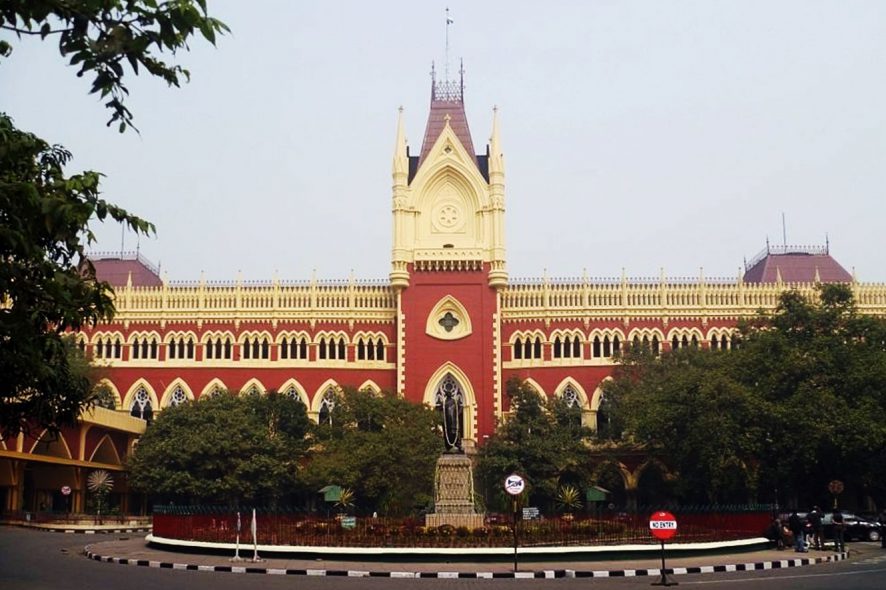Calcutta High Court: The Single Judge Bench of Rajasekhar Mantha, J. allowed Modified Assured (“MACP”) benefits to accrue to the petitioner, in retrospect, since the remarks in her Annual Confidential Report (“ACR”) were not communicated to her for two years, leading to civil consequences.
The petitioner was employed with the Central Board of Direct Taxes (“CBDT”) from where she was transferred to government MINT and was subsequently retransferred to the CBDT following the corporatisation of MINT. Petitioner issued a notice to MINT claiming MACP benefits which were denied on two grounds:
i. The petitioner had been awarded the ‘Average’ grade in her ACR for two years consecutively, i.e. 2010-11.
ii. In any case, the service records of the petitioner were lying with the CBDT and not the MINT.
The counsel for the respondent maintained the above arguments but also admitted that as per Department of Personnel and Training (DoPT) circulars in force at the time of petitioner’s employment at the MINT, the ‘average’ remark was not used as a negative remark in ACRs.
The Court referred to Abhijit Ghosh Dastidar v. Union of India, (2009) 16 SCC 146 where the Supreme Court held that non-communication of ACR details to the employees leads to civil consequences, as it led here to the petitioner being denied her rightful claim to avail MACP benefits, since the remarks passed against her in the ACR were not negative in nature, and hence there was no bar in such benefits being allotted to her.
Hence the Court directed the CBDT to pay the MACP benefits which would have accrued from March 2014 till date to the petitioner without interest. [Rupa Ghosh v. Union of India, 2018 SCC OnLine Cal2494; decided on 18-05-2018]







